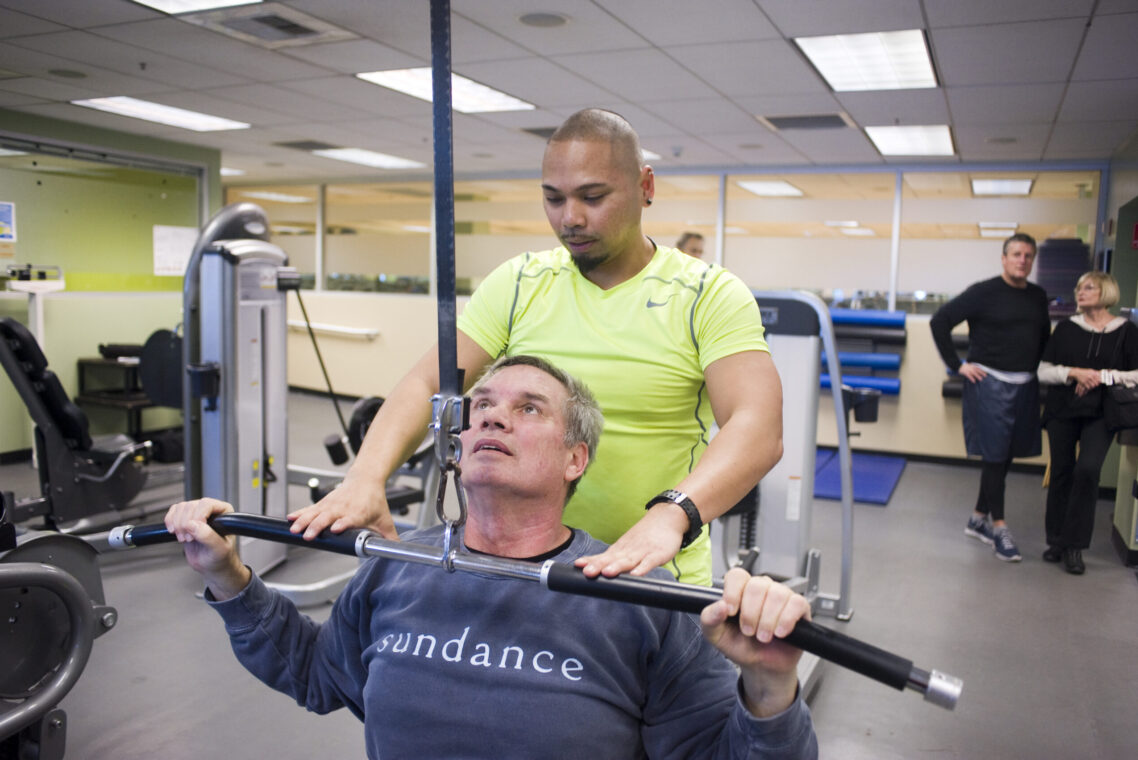Though there is no cure for Alzheimer’s, exercise can be an excellent therapeutical tool to prevent dementia by up to 30% with a 45% reduction rate for Alzheimer’s specifically. But what type of exercise works best and is the general recommendation for exercise enough for brain health?
There are three primary exercise modalities that can be broken down into aerobic exercise, resistance training, and neuromotor training. According to the American College of Sports Medicine’s current physical activity guidelines, we need a minimum of 150 minutes of moderate intensity or 75 minutes of vigorous aerobic activity per week. Though this sounds like a daunting task, this can be broken down into 30 minutes 5 days per week. Aerobic exercise seems to improve white-matter integrity, as well as the volume of global gray matter, and a part of the brain called the hippocampus, whose decline is attributed to age-related memory loss. Aerobic exercise also seems to promote what is known as angiogenesis, or the creation of new blood vessels, which is correlated to neurogenesis.
We know how resistance training is great for reducing age-related sarcopenia, improving balance and functional capacity, but lifting weights also seems to benefit the structure and function of the frontal lobe, particularly executive functions. Some researchers seem to deem resistance training as a form of “cognitive training” due to the level of executive functions to perform. The guidelines recommend a minimum of 2 to 3 resistance training days per week for 30 to 60 minutes each session, targeting each major muscle group.
Neuromotor exercise is categorized as a wide variety of motor skills, including balance, coordination, agility, and proprioceptive training. This includes activities that involve skill learning, such as sports, dance, martial arts, and one might even say resistance training or learning kettlebell-specific skills, which require one to be present in the moment. It also includes mind-body exercises such as yoga and Pilates. Since skill-building challenges the brain, neuromotor exercises can improve cognition, the volume of the basal ganglia (the area of the brain affected by Parkinson’s Disease), and the volume of the hippocampus, which is critical to learning and memory.
In order to provide the best bang for your buck brain benefits, exercise programs that one participates in should seek to incorporate a reasonable amount of novelty and cognitively demanding and open-skill exercise modalities, either as structured and programmed exercise or leisurely-based activities.
Contact the Personal Training department at CHF 310-374-3426, Option 3 for more helpful tips. We’re here to help!






